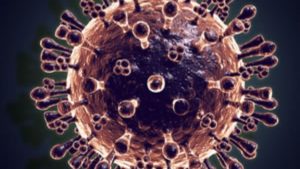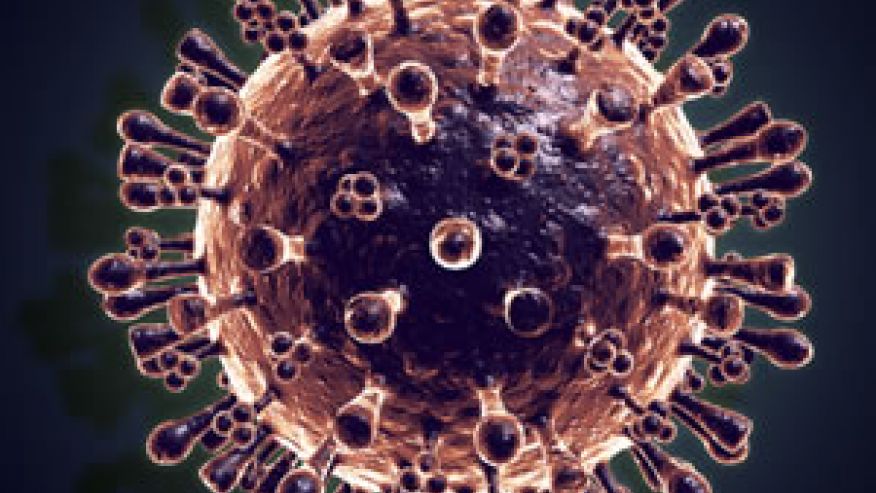 BASC is advising its members that the Department for Environment, Food and Rural Affairs (Defra) has confirmed avian influenza has been detected in 17 wild birds in Dorset.
BASC is advising its members that the Department for Environment, Food and Rural Affairs (Defra) has confirmed avian influenza has been detected in 17 wild birds in Dorset.
It is the first confirmed finding of the virus in the UK this winter, and tests have shown it is closely related to the H5N6 strain that has been circulating in wild birds across Europe in recent months.
Glynn Evans, BASC head of game and deer management, said: “BASC is in close contact with government agencies and we will update our members as new information becomes available.
“Shooting is not restricted by this arrival of bird ‘flu in the UK. But it is important the wider shooting community remains vigilant to bird ‘flu and makes itself aware of how to spot symptoms of the disease.”
Public Health England has advised the risk to public health is very low with the Food Standards Agency also offering reassurance that bird ‘flu does not pose a food safety risk for UK consumers. Defra has confirmed that this is different to the strains which affected people in China last year. There are no plans for culling or movement restrictions.
Local measures will be put in place to manage the potential threat. These include a local Avian Influenza Prevention Zone (AIPZ) in Dorset as a precautionary measure to prevent disease spread to other birds.
All captive bird keepers in the area will have to implement enhanced biosecurity measures such as feeding and watering birds undercover so that wild birds do not mingle with kept birds, minimising movement in and out of bird enclosures, cleaning and disinfecting footwear and keeping areas where birds live clean and tidy.
BASC is highlighting Defra’s request that members of the public should report dead wild birds to the Defra helpline on 03459 33 55 77 and bird keepers should report suspicion of disease to the Animal and Plant Health Agency (APHA) on 03000 200 301. In Scotland, those with concerns should contact their local APHA office.
Further avian influenza advice, including how to spot the disease, is available on the Defra website. In Scotland information is available here and in Wales information is available here. For information about Northern Ireland, follow this link.
BASC will continue to update its website as further information becomes available.
